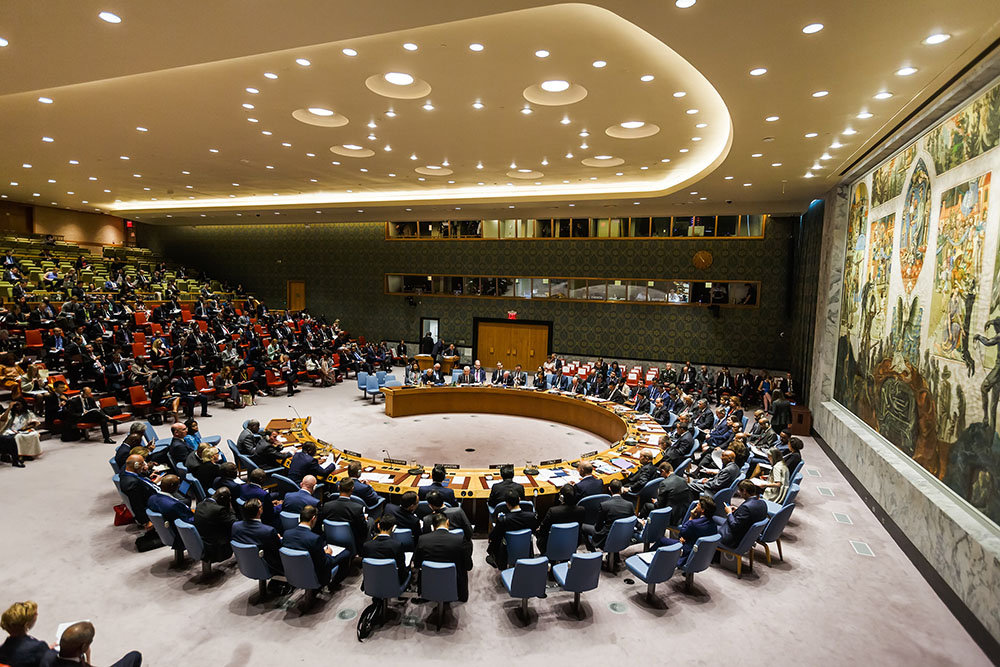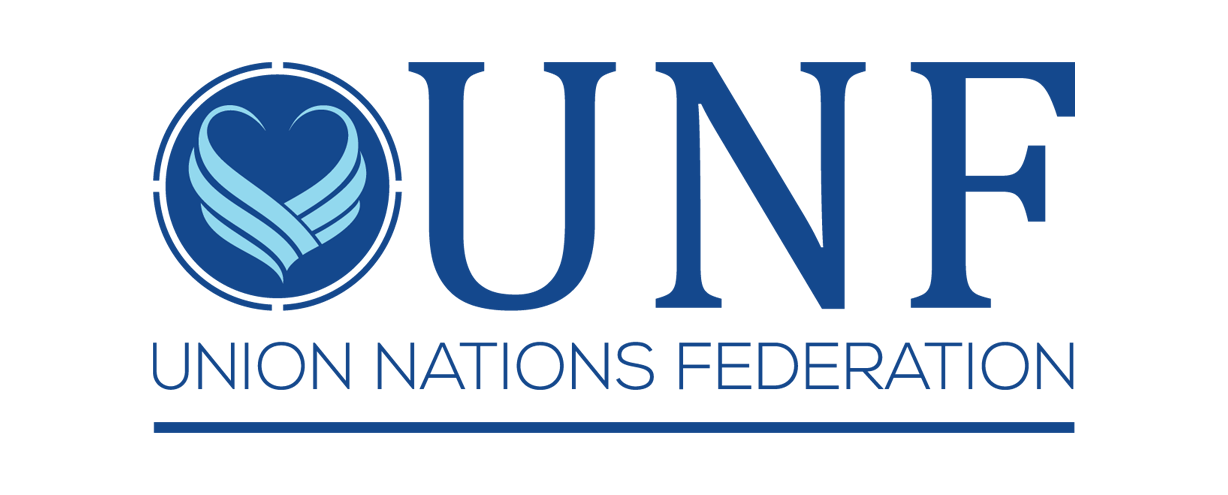
At its session from August 30 to September 10, 2021, the Committee in charge of Non-Governmental Organizations unanimously recommended to the United Nations Economic and Social Council (ECOSOC) to grant Special Consultative Status to the Union Nations Federation (UNF ). This recommendation was approved a few weeks later in the ECOSOC plenary, also unanimously.
Out of 651 NGOs studied by the Committee during its session, only 264 were accepted to benefit from Consultative Status. To date, only 5,450 NGOs worldwide enjoy official status with this important body, of which 4,341 have so-called “Special” status. The Special Consultative Status, granted to the UNF is reserved, according to the publication of the Committee’s decisions, “for NGOs working in a specific field and authorizes them to submit written communications and petitions to ECOSOC.”
The ECOSOC Status, the most official and formal granted status to NGOs by the United Nations – because it is granted by the Member States themselves within the framework of the work of one of its main organs -, is not only recognized by all the entities and programs, but it also opens the door for the UNF to interact with governments in formal meetings, speaking out and advocating for causes close to their hearts. This will be the case when the UNF wants to join global civil society engaged in debates and actions on the implementation of the Sustainable Development Goals, for example.
Another important area for the UNF will be that of human rights, supported by the Human Rights Council and its subsidiary bodies, whose meetings are held throughout the year in Geneva and organized by the Office of the United Nations High Commissioner for Human Rights.
The importance of the status acquired by the UNF should be all the more underlined since, since 2006, the Human Rights Council has been a subsidiary organ of the United Nations General Assembly.
UNF President Christophe Giovannetti is pleased to announce that he is already in the process of developing an action plan that will position the NGO up to the challenges that await it, namely to contribute to actions and reflections on the major current problems of humanity: reducing inequalities, combating poverty and climate change, dealing with migration and delicate situations of refugees, working to promote access to decent work , make education and health accessible to all, fight against corruption and for peace.
To this end, a strategic committee will be created in December 2021 to define the orientations and projects for the next four years.
We are also pleased to announce the arrival of Madame Corinne Lepage, famous Lawyer, former Minister of the Environment of France, President of the Universal Declaration of Humanity Rights (DDHU) of which the UNF is a signatory and who will be able, with the support of the UNF, to sensitize member states to the imperative need to enforce this text.


